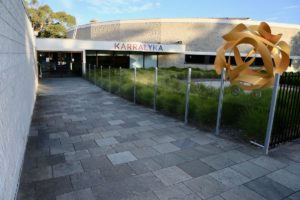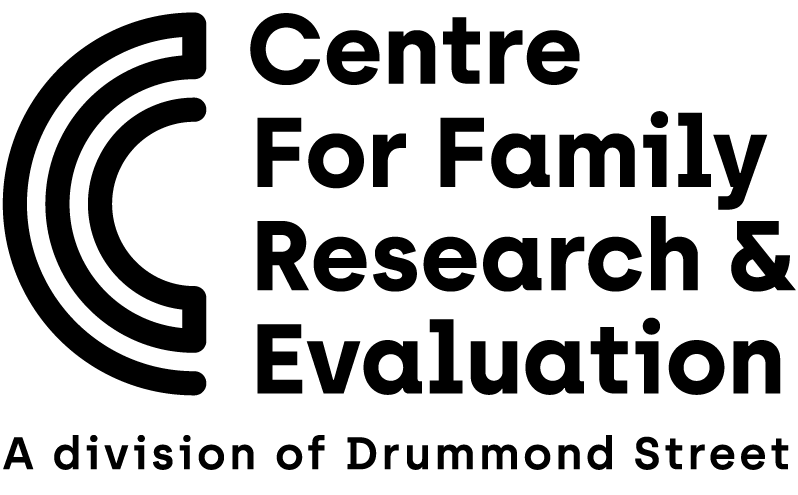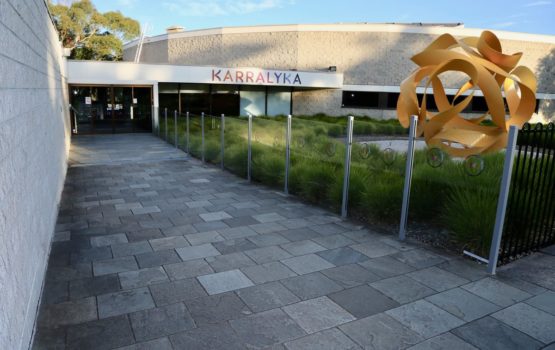 CFRE recently attended a forum staged by Victorian service agencies currently delivering family violence demonstration projects. The purpose of this forum was to build collective knowledge from providers of these projects in relation to understanding and supporting recovery. Hundreds of staff and program managers gathered for a day of discussion, reflection, and future service planning.
CFRE recently attended a forum staged by Victorian service agencies currently delivering family violence demonstration projects. The purpose of this forum was to build collective knowledge from providers of these projects in relation to understanding and supporting recovery. Hundreds of staff and program managers gathered for a day of discussion, reflection, and future service planning.
About the Therapeutic Interventions Pilot program
The Victorian Government is currently investing in new ways to provide services to families experience violence. Across Victoria there are 26 pilot projects being funded until June 2019. Arising from the Royal Commission into Family Violence, these projects aim to improve the way the system responds to family violence by enhancing accessibility of services and trialling new therapeutic approaches to working with both adults and children [1].
You can read more about these projects here.
Forum approach
The objective of these discussions was for the demonstration projects to share practice wisdom, learnings and research with one another in a structured format which will be documented and shared with the broader family violence sector. Three fishbowls group discussions occurred simultaneously, allowing attendees to participate in whichever discussion conversation they preferred. The topics for these three discussions was:
• What is recovery ?
• What do our clients say?
• How do we measure recovery ?
Summary of Sector Learnings
This forum provided an appropriate space for staff of demonstration projects to come together and discuss their thoughts, experiences and learnings regarding what it means to work toward recovery with victim-survivors of family violence. A few key implications are summarised below.
• Recovery looks different for different people, which may require victim-survivors to integrate their experience into a new identity. We need to continue to reflect on whether our services allow individuals to work toward personal goals.
• We don’t a clear concept of what recovery looks like for children. It may be more accurate to talk about their progress as building or practicing resiliency. Children should be supported to express their own narrative around the trauma they have experienced.
• There is no ‘typical’ recovery journey. Recovery covers multiple domains and progresses in a non-linear fashion. Because of this, there are no set milestones or a defined ‘end point’ to recovery. Participants suggested that re-establishing routines, gaining personal insight and being able to tell their story seemed to be consistent indicators that a person was making some progress in their own recovery.
• There seems to be stigma about working with clients on navigating new intimate relationships. Re-partnering is a choice, not a recovery goal.
• One of the biggest markers of recovery is social re-connection. Increasing social connections allows clients to draw upon strengths from others.
• Disjointed service systems that do not meet client needs may mirror the dysfunction and chaos they experience in their own homes.
• Workers report that their clients are appreciative for the support they receive to move toward recovery.
• There remain questions about how best to measure recovery. Given the individualised, non-linear nature of recovery, it is possible that integrating more qualitative methods may capture the progress that clients make. Effective use of assessment tools may also be beneficial to the client’s recovery.
• There was a strong sense of camaraderie and passion toward continuing to advocate for continued research and innovation to support clients. There was a strong desire to continue holding similar forums in order to continue sharing learnings and to establish inter-agency partnerships.
 We hope to bring you more on this topic soon!
We hope to bring you more on this topic soon!

